
Diagnosis and signs of the pregnancy
Diagnosis and signs of the pregnancy
Confirm a suspected pregnancy immediately to avoid unnecessary risks to your baby.
Early signs and symptoms of pregnancy
- Missed menstrual period.
- Breast changes/tenderness.
- Fullness or ache in lower abdomen.
- Fatigue, fainting.
- Nausea, vomiting.
- Increased vaginal secretions.
Your expected delivery date
To calculate when your baby is due, take the first day of your last period, subtract three months and add seven days. Note: This is only accurate for a regular 28-day cycle.
Take a look at our Due Date Calculator to get an idea of when to expect your little miracle:
Related articles

Further comfort measures for pain relief
Distractions like breathing, visualising or fixing on one point can take your mind off the pain.
5 mins to read
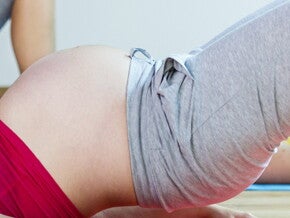
Levels of fitness
First trimester
Your fitness is likely to decrease. Listen to your body and only do what you feel comfortable doing.
Second trimester
5 mins to read

Monitoring your response to exercise
It is important to monitor your response to your exercise programme by taking your pulse-rate before, during and after exercise.
5 mins to read
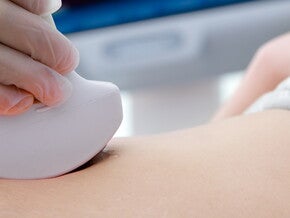
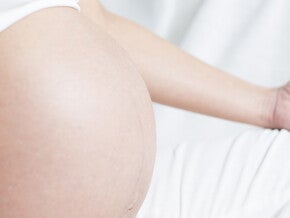

Criteria for prenatal classes
Instructor’s credentials, for example, midwife, physiotherapist.
Instructor’s specialised training in childbirth education.
5 mins to read
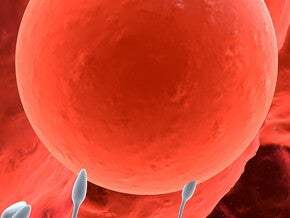
Conception
The fertilised egg divides into two identical cells – then four, then eight, then 16, and then many billions, and 266 days later – your baby.
1 min to read


Relaxation and correct breathing techniques
As your pregnancy advances, the uterus exerts an increased upward pressure on your diaphragm. As you near your due date you may find that you breathe less deeply, although more efficiently.
5 mins to read

Breathing and relaxation
The Pros
-
Offers immediate relief.
-
Decreases tension and offers good pain relief.
5 mins to read
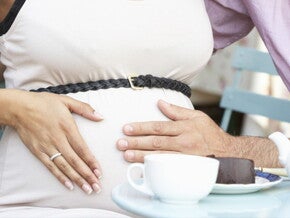
Foetal wellbeing tests during late pregnancy
Foetal movement counts (after 28 weeks)
Be aware of your baby’s pattern of movements on a daily basis by counting four foetal movements in the hour after a meal every day.
5 mins to read

Iron in Pregnancy
As a mom, whether you have a child yet or not, you look into the lens of the future to envision memorable moment after memorable moment together.
5 mins to read
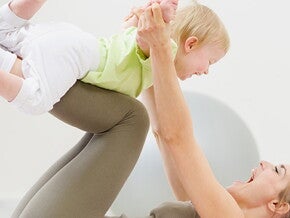
Guidelines for exercise during and after pregnancy
Before exercising, during or before pregnancy, it is advisable to eat high fibre, high carbohydrate snacks, such as an apple, dried fruit, banana or whole wheat muffin, as your metabolic functions
5 mins to read

Checklist – before baby arrives
Make sure you have everything you need for your baby's arrival with our checklist. Get organized and feel confident for the big day.
5 mins to read

Health and fitness
Ideally, you should assess your health and fitness. You may need to make some changes to your lifestyle
3 mins to read

Why exercise during pregnancy?
Exercise leads to improved circulation, which in turn can reduce the severity of varicosities (varicose veins).
5 mins to read

Nutrition
Your nutritional status at the time of conception and in the crucial early weeks of pregnancy is significant for the successful outcome of the pregnancy.
1 min to read

Types of exercise
Your safety and that of your baby are of prime importance at all times. You may begin to exercise in early pregnancy and continue for as long as you feel comfortable.
5 mins to read

Exercise during and after pregnancy
“I am pregnant – can I exercise?”
5 mins to read